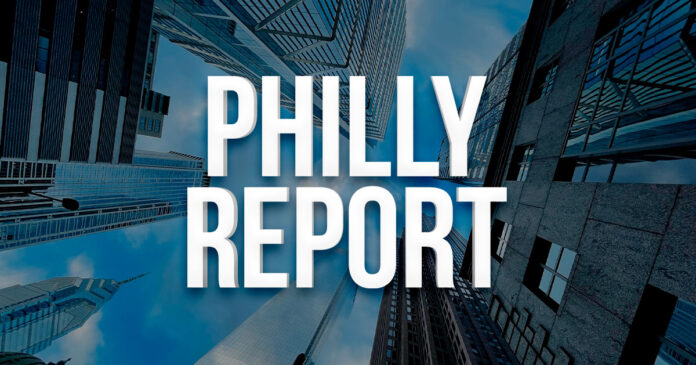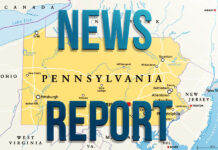Water is a basic necessity that human beings cannot live without. In the City of Philadelphia, residential shutoffs have restarted after a COVID 19 moratorium on shutoffs came to an end. Historically, predominantly Black and Latino zip codes like 19140, where Hunting Park is located, have been disproportionately affected the most from shutoffs. The Philadelphia Water Department (PWD), the City agency that provides water in Philadelphia, has the authority to shut off residents’ water when they cannot or do not pay their water bills.
There are multiple assistance programs available, ranging from bill payment support to shutoff protections. Yet, the fate of many of the shutoff protections rest in the hands of the incoming Mayor that will be elected next week.
PROGRAMS THAT CAN PROTECT YOU FROM SHUTOFFS
While residential shutoffs have restarted since the end of the COVID 19 moratorium, Philadelphians receiving the Low-income Household Water Assistance Program (LIHWAP), Tiered Assistance Program, Senior Citizen discount, or receive homeless prevention services are protected from water shutoffs.
This year, shutoff protections expanded to cover households with children under 18, adults 65 and over, or people with disabilities through the raise your hand initiative (shutoff exemption). Although your balance may continue to increase if you do not pay, you will not lose access to your water. If you meet these criteria, you can contact the City of Philadelphia at 215-685-6300 or by email at wrbhelpdesk@phila.gov to prevent a shutoff or restore your water service. You can also visit in person at one of their open customer offices in Center City (1401 John F Kennedy Blvd) or Northeast service center (7522 Castor Avenue).
It should be noted that PWD usually honors a winter moratorium period between December 1st and March 31st every year, so customers are typically protected during this period.
PROGRAMS THAT CAN HELP YOU PAY THE BILL
The Tiered Assistance Program (TAP) is the first program in country that provides eligible customers with a fixed water bill based on their income. Low-income customers or those experiencing a special hardship such as job loss or illness may qualify. After 2 years of payments, water bill debt accrued to prior starting TAP can be forgiven. Those enrolled are required to recertify every three years.
The Senior Citizen Water Bill Discount provides a 25% discount of your water and sewer bill for low income people over 65 years old.
The Pennsylvania Homeowners Assistance Fund (PAHAF) also provides up to $10,000 in assistance for outstanding payments on water, sewer bills, and other services for homeowners. This aims to help low-income homeowners experiencing financial hardships that have not received or applied for other assistance programs.
For more information on TAP or the Senior Citizen Discount, please call 215-685-6300, email watercap@phila.gov, or visit www.phila.gov/water-bill-help.
For information on the PAHAF program, you can call 888-987-2423.
Applicants can also be screened for any of these services at Esperanza, a community-based nonprofit in Hunting Park, by calling 215-324-0746 and requesting an appointment with a Benefits Access Specialist.
AT RISK OF LOSING PROTECTIONS
The Low-income Household Water Assistance Program (LIHWAP) was a temporary program that helped low-income households pay for past due water and wastewater bills; however, residents can no longer apply for it unless Congress acts to extend it.
Like LIHWAP, many local water shutoff protections are not permanent and require government action to extend them. The future of City-based programs such as the Raise Your Hand Initiative will depend on the incoming Mayor’s decision to continue this practice or not.
As the mayoral election approaches, organizations like Esperanza are calling on the next administration to preserve and institutionalize shutoff protections like the Raise Your Hand Initiative to ensure Philadelphians in all zip codes have continued access to clean water. According to Jamile Tellez Lieberman, Senior Vice President of Community Engagement, Research, and Health Equity at Esperanza, “water is a human right, and as such, those in power should make sure everyone has access clean water.” Moreover, Tellez Lieberman argues that the City should streamline the application process to make it easier to access for people whose first language is not English.
This article is part of the Esperanza Community Anti-Poverty Project, which informs and engages Latinos on key policies and programs impacting their social and economic well-being.







